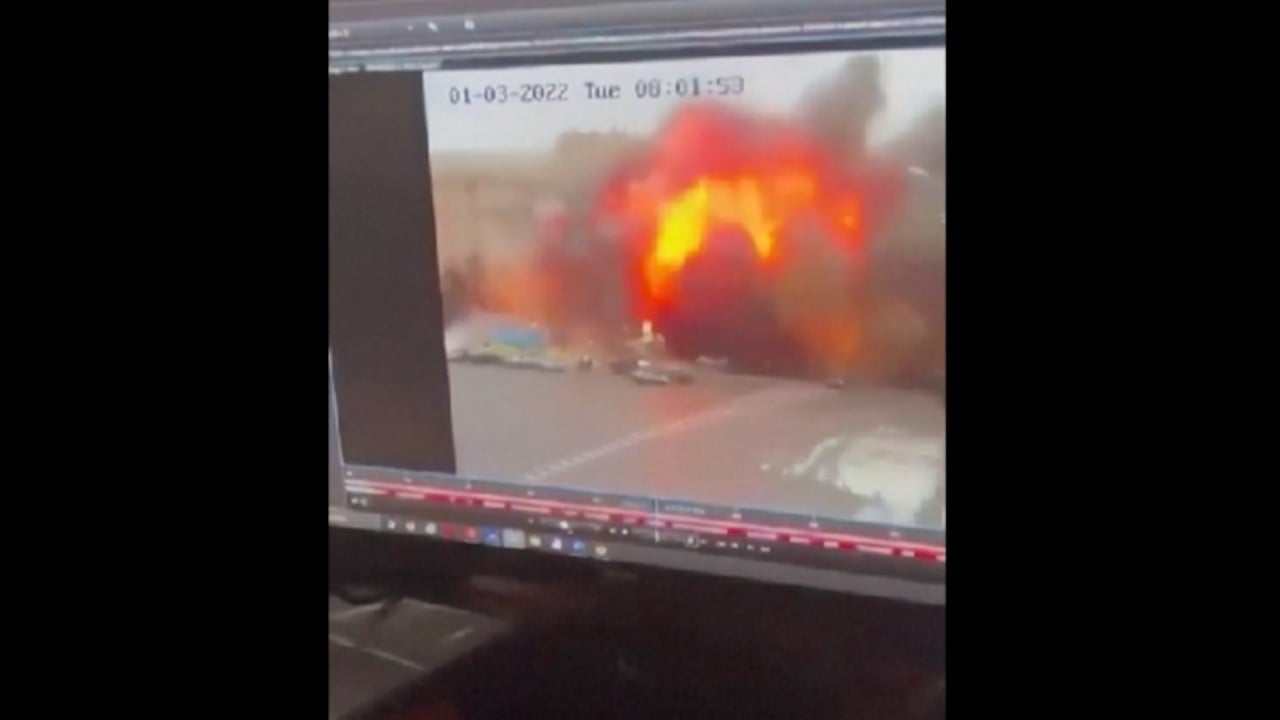
Amid invasion and fifth wave, Russia and Hong Kong are feeling the wrath of unintended consequences
- Emotion appears to have overtaken Putin’s reasoning, opening his country to unforeseen destructive effects, while Hong Kong struggles to deal with the consequences of its pandemic policies
- For investors, the key defensive mechanism is diversification and unemotional risk assessment
“Never, never, never believe any war will be smooth and easy, or that anyone who embarks on that strange voyage can measure the tides and hurricanes he will encounter. The statesman who yields to war fever must realise that once the signal is given, he is no longer the master of policy but the slave of unforeseeable and uncontrollable events … Always remember: however sure that you are that you can easily win, there would not be a war if the other man did not think he also had a chance.”
Even if, as seems possible, the Russians occupy and destroy the 1,500-year-old city of Kyiv, they could easily be tied up in a 15- to 20-year insurgency that will produce tens of thousands of maimed Russian soldiers and hundreds of thousands of civilian deaths. The Russians are less squeamish than the Americans about rules of engagement – not the finest of legacies.
Putin’s invasion has mobilised broad global support against Russian interests, primarily inspiring economic and trade sanctions. No small country likes to think they could be invaded next. Nato countries are on high alert, and even Germany has pledged to increase its defence spending.
From a military perspective, defenders who are protecting their homeland and families will always be more motivated than an invading army. Mercenaries from former Soviet republics are flooding in. Foreign military analysts hover satellites over every move of the Russian forces, recording their strengths and weaknesses with a professional eye. The consequences for Russia are rampant inflation and severe economic shortages for its people.
But how do investors avoid unintended consequences? The key defensive mechanism is diversification and unemotional risk assessment. If you have not already fixed the roof when the sun was shining, it’s too late to worry when the market has fallen on the news. Investors must now manage the current narrative and not be tempted to make bold moves like selling everything.
It is likely this war will hasten a global economic recession. Higher oil prices, trade friction, inflation and interest rates are not the recipe for economic growth. Nevertheless, for this year at least, the US Federal Reserve is likely to be persuaded to keep interest rate rises mild for fear of triggering a crash, even if inflation remains north of 5 per cent.

High geopolitical tension usually supports the US dollar and gold. Bitcoin and other cryptocurrencies might benefit as wealthy Russians flee from the rouble. Closer to home, China is stabilising after last year’s self-inflicted lockdown shocks, and select sectors such as electric vehicles are providing investors with a bet on the future.
Richard Harris is chief executive of Port Shelter Investment and is a veteran investment manager, banker, writer and broadcaster and financial expert witness


